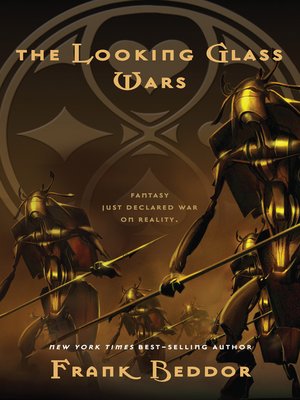
But such preaching is unnecessary, since Carre's portraits and ironies have already done their work.

What he says is apt, and, since he is the youngest, most idealistic and least deluded of the bunch, he is certainly the right man to say it. I thought, however, that Avery got just a little too preachy at the end. This is a very good book, filled with incisive portraits and cutting irony. Then Leiser is “put in” on the East German side, and the reader follows his movements, absorbed, to the suspenseful and dismaying conclusion. We observe the training operation in detail, and those details reveal the snobbery, antique attitudes, and general incompetence of an agency still convinced it can do great things, in spite of the fact that it is poorly funded and on the losing end of almost every inter-agency squabble. Thirty-two year old Avery, the only man in the whole operation who seems to be under fifty, is put in charge of re-training and handling Leiser, a Pole in his forties, who worked with the agency in the war and is now a British citizen and London auto-mechanic. The photographic evidence of a missile placement in East Germany leads the foreign branch of military intelligence (“The Blackfriars Boys”), a ghost of its wartime self now reduced to gathering remote intelligence and conducting research, to once again-like in the good old days of The War-actually “put a man in,” that is, place a live agent on the ground for reconnaissance.



On the contrary, he considered it unrealistic and romantic, what with its nearly omniscient intelligence agency, the agency's extraordinarily complex yet flawless plan, and the novel's melodramatic conclusion: the death of star-crossed lovers at the foot of the Berlin Wall.įor this next book, le Carre chose to abstain from grand dramatic gestures and instead describe the intelligence service as he had experienced it in the '50's, filled with aging English Public School types hampered by nostalgia for the days of The War and Merrie Old England, holding a prejudiced view of everything not “British,” and harboring the self-delusion that after countless compromises and betrayals they still possessed honor and commanded respect. The Spy Who Came in from the Cold was praised for its harsh realism, but le Carre believed it was not harsh or realistic enough.


 0 kommentar(er)
0 kommentar(er)
